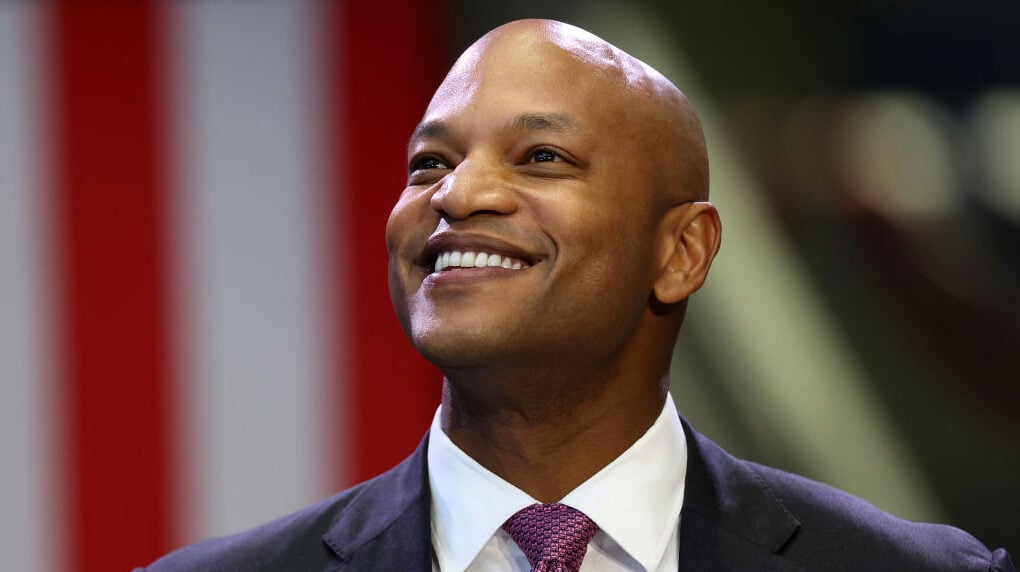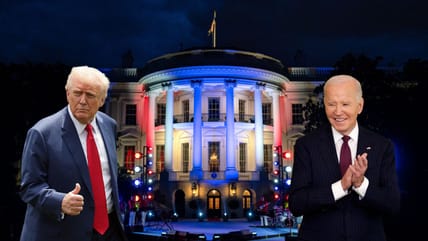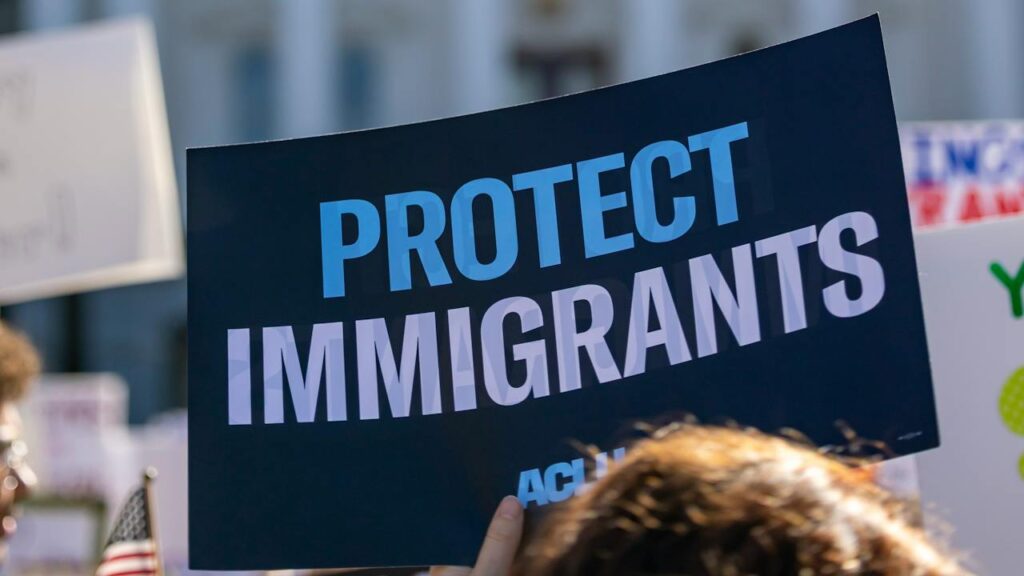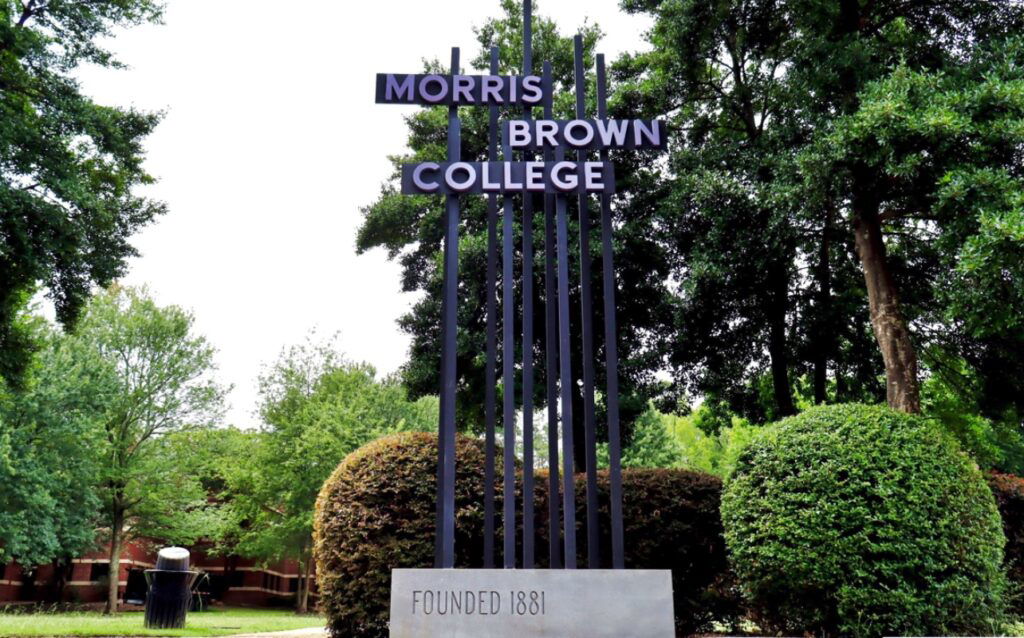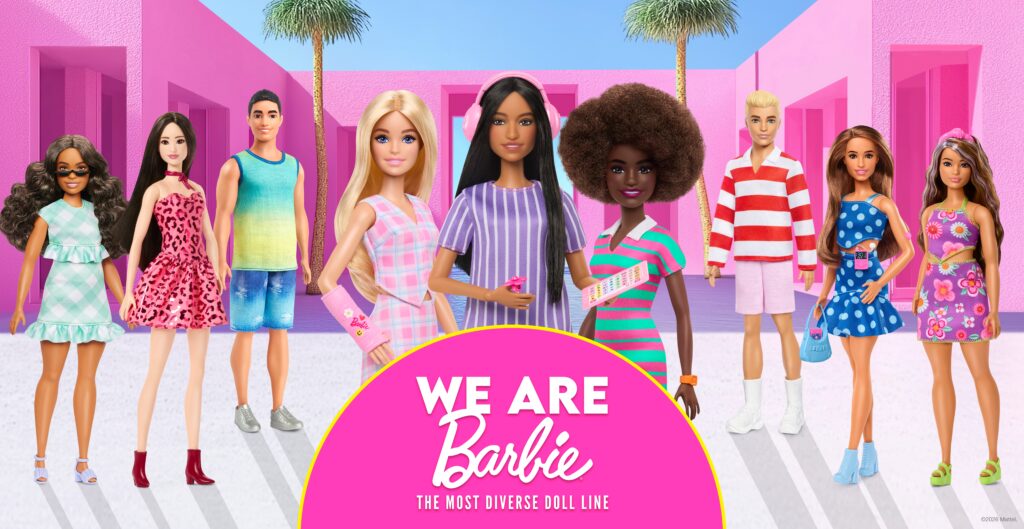Maryland Gov. Wes Moore announced a pair of new executive actions on Thursday aimed at restoring justice and closing the racial wealth gap for Black Americans in the state.
Marking the 160th anniversary of Juneteenth, now a federal holiday commemorating the end of the enslavement of Americans of African descent, America’s only Black governor announced a new executive clemency order for nonviolent cannabis offenses. Governor Moore has also approved more than 400 “Just Communities” to receive priority consideration for housing and community state funding.
Moore made the announcements at the historic Bethel AME Church in Cambridge, Maryland, where membership was first formed before the end of U.S. slavery in 1847.
“The history of our state is deeply complicated. The history of our country is deeply complicated and uneven…the history and inequity of this country–it runs deep,” Moore told theGrio, recalling his own family’s history, including his great-grandfather fleeing to Maryland to escape the Ku Klux Klan in South Carolina. “That should also serve as fuel and motivation, as an understanding of why we can’t wait. Why we need action.”
Moore’s latest clemency action expands on a June 2024 order that pardoned 175,000 cases of simple marijuana possession. The governor has upped that number by nearly 7,000 additional clemencies. Due to incorrect coding, the additional pardons result from some eligible cases not previously identified by the state’s judiciary.
The Maryland governor said that cannabis laws have served as a “cudgel” against the Black community for generations, and even after paying back their debt to society, they often still serve as a “life sentence.”
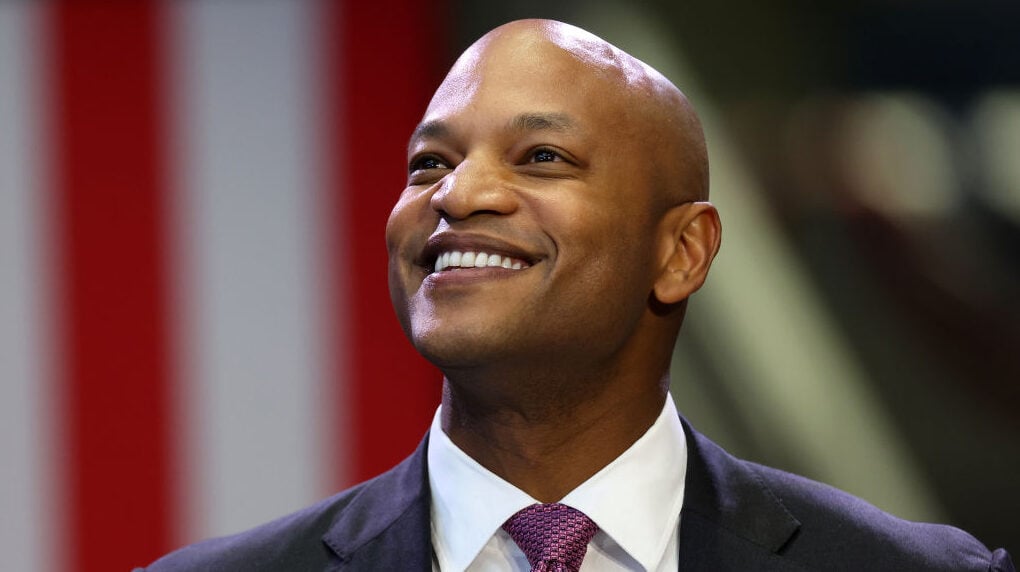
“Even after Maryland legalized and made a recreational cannabis market, I had people in my state who could not get a barber’s license or could not get a student loan, or couldn’t get a home loan because of a misdemeanor cannabis conviction that took place in the 1980s,” Moore explained.
“As chief executive, as a governor, I have the authority to be able to right so many of these historical wrongs, knowing that these pardons are going to have a disproportionate impact on African Americans, because the impact that we’ve seen on this war has been a war oftentimes on Black communities.”
Moore’s “Just Communities” initiative also seeks to right the wrongs of Maryland’s history of disinvestment in Black communities, which were starved out by racially discriminatory practices like redlining, urban highway construction and urban renewal. Identified by the state’s census tract, these communities will receive a five-year designation and priority funding consideration by the Department of Housing and Community Development.
The governor’s office says that up to $400 million in investments will be available in the 2026 fiscal year budget for the first round of “Just Communities” designations—419 of a total of 1,463.
“It’s making efforts to make more people homeowners because we know one of the greatest drivers of wealth,” said Moore, who has made closing the racial wealth gap in Maryland a major feature of his administration.
Moore’s racial equity-focused policies contrast starkly with those of the Trump administration. The White House has sought to end so-called “illegal DEI” policies and threatened to revoke federal funding from states and private institutions that do not adhere to President Donald Trump’s executive orders.
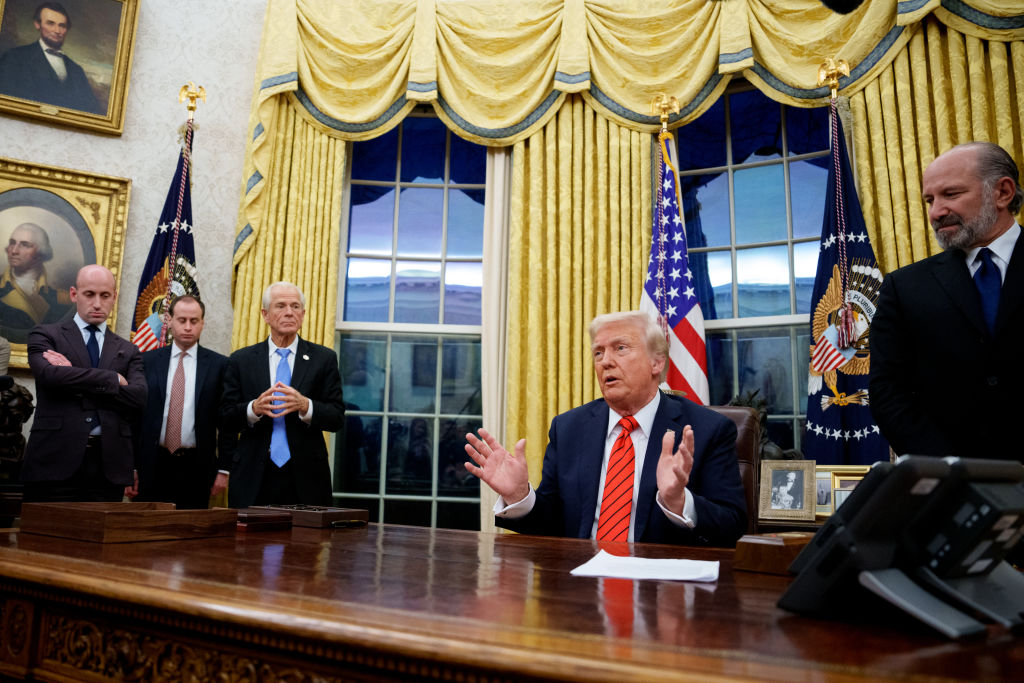
The Maryland governor said he is “prepared” for any attempt by the Trump White House to block his efforts. His office had been working in “close coordination” with Maryland Attorney General Anthony Brown and the General Assembly, including the Legislative Black Caucus.
“The Trump administration can do what the Trump administration is gonna do. I stand unafraid. I stand unapologetic,” he told theGrio. “I stand with the fact that I know that not only is morality on my side on this and history on my side on this— but the law is on my side on this.”
“Do I believe that there could be some pushback from the federal administration, from the Trump administration? Yeah, potentially. Absolutely,” he added. “Nothing they have done yet has made me flinch, and it won’t start now.”
Gov. Moore’s Juneteenth announcements came a month after he vetoed a reparations study bill that drew some criticism from the racial justice community. Explaining his decision at the time, Moore said, “In light of the many important studies that have taken place on this issue over nearly three decades, now is the time to focus on the work itself.”
As the nation’s sole Black governor, Moore said he hopes to lead by example for other governors and the federal government to repair the harms of racial discrimination.
“We have an ability to move with urgency and move with speed and make sure that the issues that are facing our communities…should be addressed with the type of unapologetic urgency that I think we’re moving on…here in the state of Maryland,” he told theGrio.
Reflecting on the Juneteenth holiday and its marker of freedom, Governor Moore said that when he thinks about what freedom means to him, he thinks about “creating wealth” for Black Americans–a major driver of his executive actions.
“Wealth becomes a measure of freedom,” he explained. “Wealth is not about yachts or fourth homes. Wealth is just simply, do you own more than you owe? Can you pass something off to your children besides debt? If an emergency happens, do you have something you can tap into that can help you make it through that tough time?”
The governor and rising star of the Democratic Party said he is laser-focused on creating “more access to wealth” in Maryland so that the most economically vulnerable get a “chance to breathe.”
He added, “So for me, when I think about Juneteenth and when I think about freedom, I think of what are we doing to generate true, sustainable, long-term wealth within our communities.”


